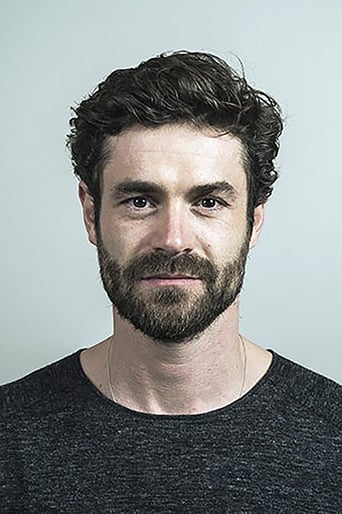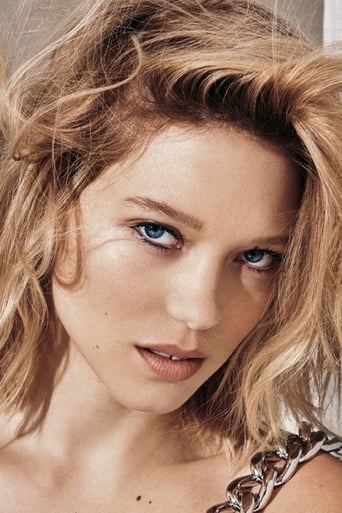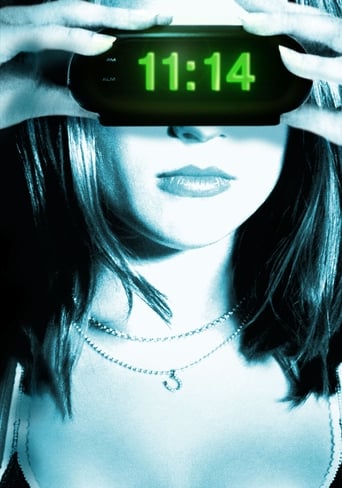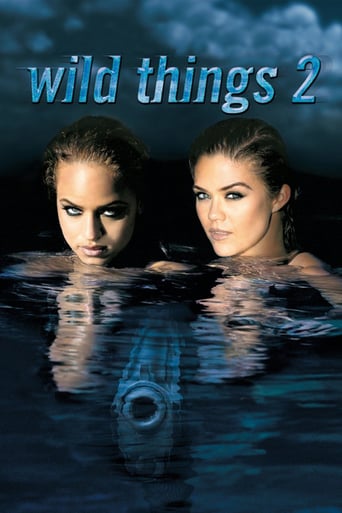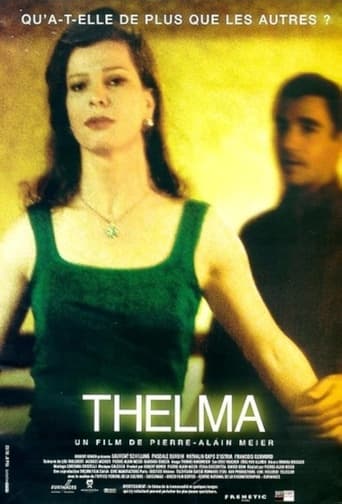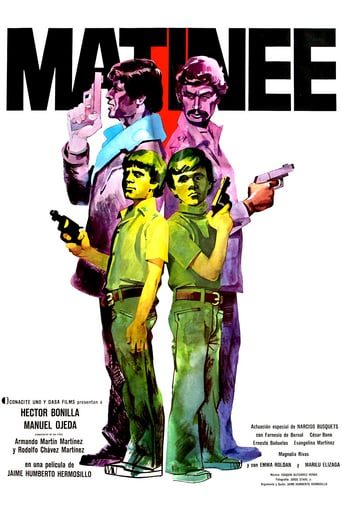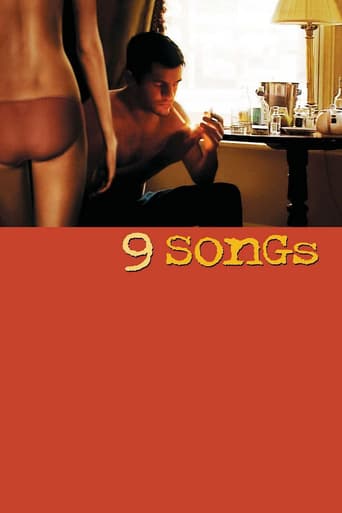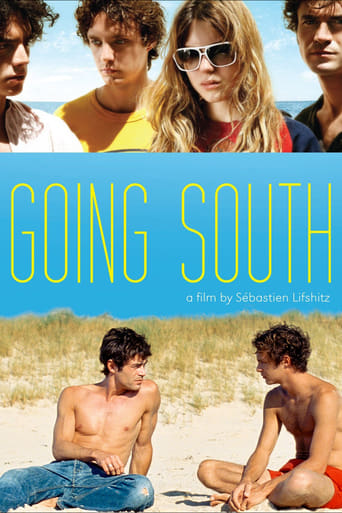
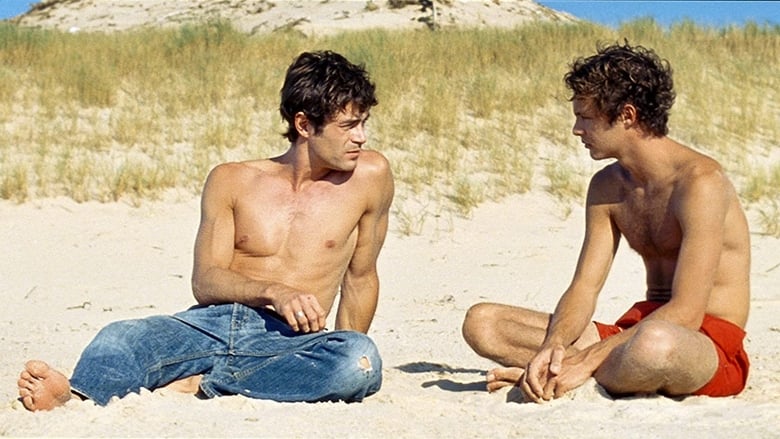
Plein sud (2009)
In the summer, 27 year-old Sam drives towards the south of France in his Ford. He meets Matthieu and his sister Léa and takes them along in his apparently aimless journey. Matthieu has a crush on Sam and tries to seduce him. Léa is a beautiful, young, provocative girl who likes men so much that she got pregnant. She soon brings along Jérémie with them. Throughout the trip, they learn to know, fight and love each other. In spite of a blooming relationship with Matthieu, Sam isolates himself because of his secret: he is headed for Spain to find his long-lost mother.
Watch Trailer
Cast
Similar titles
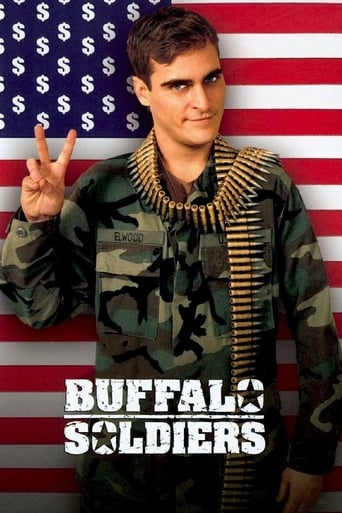
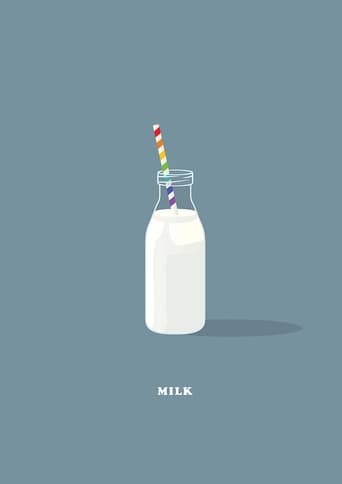
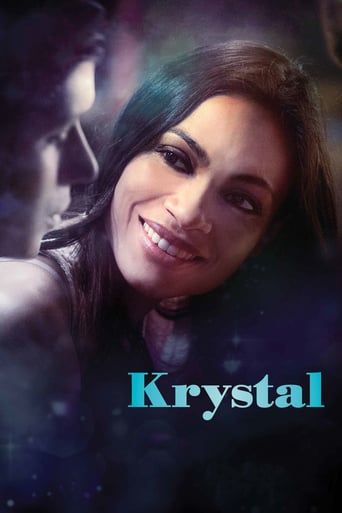
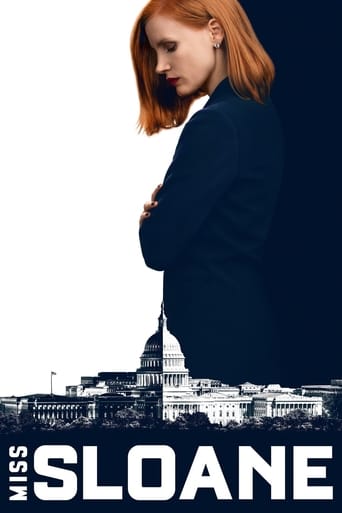
Reviews
People are voting emotionally.
The performances transcend the film's tropes, grounding it in characters that feel more complete than this subgenre often produces.
This is a small, humorous movie in some ways, but it has a huge heart. What a nice experience.
There's no way I can possibly love it entirely but I just think its ridiculously bad, but enjoyable at the same time.
This is basically the story of a young man (Yannick Renier), who is haunted by childhood memories of his father's suicide and mother's subsequent mental breakdown. He is traveling to the south of France/north of Spain on an ominous mission that involves his mother and the gun his late father used to commit suicide. At the beginning of the story he already has two traveling companions, a brother and sister (Theo Frilet, Lea Seydoux). The uncertain sexuality of the protagonist is established in the opening scene where Seydoux's character does a very sexy striptease for him (that would have any man who's NOT very. very gay visibly aroused), but with no effect. He is more drawn to the brother, who is openly gay, but clearly he is sexually confused. A fourth person then joins the group, a handsome hitch-hiker (Pierre Perrier), who becomes a love/sexual interest for the nymphomaniacal sister (even though she is ALREADY pregnant when the movie begins). But this new additional too seems to have some bisexual leanings.The combination of melancholy flashbacks, beautiful scenery, and gay and straight sexual encounters kind of reminds me of "My Own Private Idaho". This isn't in the same class as that one(although some might consider it less pretentious since it doesn't break into Shakespeare in the middle). It's certainly a "gay-interest" film, but just like the French tend to make "teen films" that also appeal for adults, they tend to make "gay-interest films that also appeal to straight people (thus the presence of the tres luscious Lea Seydoux). This is necessary, of course, because the French film industry is much smaller than the Hollywood industry and their films need to find a more general audience, but it sometimes causes problems in America. "Blue is the Warmest Color", a more recent gay-themed film (also with Seydoux) was rejected by some segments of the American lesbian community because they felt the actresses and the sex scenes catered too much to heterosexual male fantasies. But is it really a good thing for ALL films about homosexuality to be relegated to some "gay interest" ghetto where they cater to the gay "community", but are not seen by anyone else? That's a valid question.It is a little ridiculous how incredibly attractive EVERYONE in this movie is. If Seydoux wasn't in this, I would have been seriously questioning my own sexuality since the three males in this are the three best-looking guys you're ever likely to see in each other's presence. The gay sex scenes in this are all pretty essential to the plot, but I'm not so sure about the three-way, nude Greco-Roman wrestling match the males all engage in during a beach party. But, of course, you could also say that about the striptease scene or the one straight sex scene. People will complain about "gratuitous" nudity, but no one complains that a shot of, say, a beautiful sunset is "gratuitous" just because it doesn't strictly advance the plot. The bigger problem is that Renier and other males are not the strongest actors in France, and Seydoux has been a lot better in movies like "Sister", "Farewell My Queen" and the aforementioned "Blue is the Warmest Color". This is definitely not a great movie, but it's certainly an ATTRACTIVE one giving the cast and the beautiful scenery of southern France. And it's quite accessible as far a "gay-interest" cinema goes.
Without being a driven action movie, this is an everyday story-film made interesting, without getting any of the answers. It's well done, the film work and photography, and there's a lingering underneath which makes you follow trough. If you're not searching for an action flick, that is.Young man Sam is still traumatized and maybe a tiny bit suicidal after seeing his father committing suicide while he was watching, struggling with his mother going insane as a result of her husbands death, following a row in their car. More than 15 years later Sam goes down south, to try to find his mother, together with some friends, without telling them what he's up to. On the way we since some affection between some of the four of them, a girl which has become pregnant and her brother, and another friend they pick up.It's a pleasant summery tale, where we are offered no solution or even a climax. We just almost there. I find that this makes the film interesting. More like real life. It's one of those films making you think, and remembering some of your own summer memories along life's rich pageant. Some might get disappointed by not getting the solutions, and an exact happy ending, but I find liking films which don't give all the answers, but leaves some to each and one of us, and our imagination.I haven't seen any other work of Director Sebastien Lifshitz, and when I realize this is the film of his that has the lowest score, I can't expect him to be nothing less than an interesting director. I'm sure to be on the look for more from his hands. Can't decide if this is a 6 or a 7 out of 10, and then I tend to go down. Still, it's worth watching if you like a story which doesn't give it all away.
I would have to agree with the reviewer who judged "Plen Sud" as regressive as far as the work of director Sebastian Lifshitz goes. "The Wild Side" was a fine film and "Presque Rien" simply outstanding."Plein Sud" has the feeling of a director out of control and worse a director devoid of vision. The film ambles, has unnecessary musical interludes and is imbued with an off putting vagueness of intention.Where the film fails most is the lack of chemistry between the players especially between the Yannick Renier and Theo Frilet characters. Liftshitz's previous films abounded with a sense of genuine feeling between the characters. Remove that from a film and not much remains.There are shots on the beach which are replicas from "Presque Rien" - and in my book that is not a good sign.There are films which exude a sense of everything going right - sadly, "Plein Sud" is the flip side.
Sebastien Lifshitz's "Plein Sud" opens with the images of obstetric sonography; then we have the face of the movie's only girl, Lea, and a small exchange between her and the doctor informs us that the pregnancy was unwanted, and that she has bile.Cut, with a bouncing rock guitar soundtrack, to Sam's stern face (who occupies the film as its main protagonist) watching Lea dancing to the music in a field; sunny yellow letters invade the screen and the film begins to roll.Why the decision to cut Lea's face to Sam's face? What is the connection between the two the director refers to? Enter Mathieu, Lea's brother, with a camera, a gadget that intervenes in the first stages of the film. Is it that Mathieu stands for the director and his intrusiveness? For we soon learn the reason Sam takes this road trip is some serious stake, some settling of familial accounts since his mother wrote him a letter, telling him she was released from a mental institution, years after they had both witnessed Sam's father's suicide. That Sam is secretive we learn by Mathieu's nosy discovery of a gun in the trunk. From then on the film displays a spiraling of perhaps youthful but inconsistent and obnoxious behavior on the part of the trip's participants (there is also Jeremie, a boy who wants a lift, too), but mostly Lea. I mention obnoxious not so much on terms of behavior, as for the rather pervading humorless attitude of the film: we are shown a bunch of - misfits, perhaps? - armed with the usual amount of righteous bile one expects form a gutsy french film concerned with youth, whose fatal airs seethe with rancorous self-indulgence. Are they any good?The late french theorist Jean Baudrillard wrote in his book "The Fatal Strategies", that if strategies, that is a way for things to escape meaning's dialectic, which bothered them, if strategies are not fatal, then they are fetal. This wordplay, that tries to subvert and radicalize any sense of passive psychology, is, I think, an exemplary sum and paradigm for that kind of french methodology, to put it that way. To cut also a long story short, is the area where the film proposes itself yet stays bafflingly resigned.For it is somewhat obvious that this film is concerned with motherhood, albeit in an oblique way: Lea as a frustrated youth, madly caught in the web of motherhood, acting gratuitously toward her co-travelers, as if slightly cautionary in her tale, when contrasted to that other story of failed motherhood, that is with Sam's mother, but the contrast fails to illuminate any truth, as if content with the ambiguity of a lingering mood at the end.Intersperse with that a jarringly pointless amorous interest between Mathieu and Sam: Lifshitz's flare for celebrating male beauty, is not celebratory here, but irrelevantly gratuitous. Also the persistence, if it is that, of memory giving us jots of Sam's traumatic childhood, cutting here and there, quasi-random as free association perhaps is, but devoid of any poignant dramatic effect: as if the film-maker wanted us to sort of witness a photo-album, taking us with respect (that is also respect towards seething repression) round a person's secret, safeguarding its enigma, away from easy, jolting and intrusive youthfulness, to which Sam's character remains largely apathetic, that's why when he abandons them the only reason this comes as a surprise is why this happens this late in the film. For there is no redeeming sense in the end, unless this comes from the lyrics: "keep my secret with you," the song advises us, but fails to address who "you" is, thus mistaking opaqueness for secrecy. "You" can be Sam, or us, but this is no delicate ambiguity; it lacks meaningful triangulation for a secret always involves three. As it is, any sense of the characters' pithiness, becomes exponentially hollow, and we fail to connect with Sam's journey. Is it that his father has taken his secret with him, and he now, at last, faces this and accepts what being a man is? Despite Yannick Renier's manliness, Sam's manhood is somehow, perhaps literally, edited.It is a pity to witness Lifshitz's regression as a film-maker. His "Wild Side" was unpersuasive, coming after his poignant "Presque Rien": there, his sense of the elliptic was foregrounded in physicality, and physicality in a sense of working (class) consciousness, thus making the passions' inherent marginality resonate with us. If you want to see a film close to "Plein Sud"'s themes, check the exceptional sulfurous pastoral of "Donne-moi la main".
